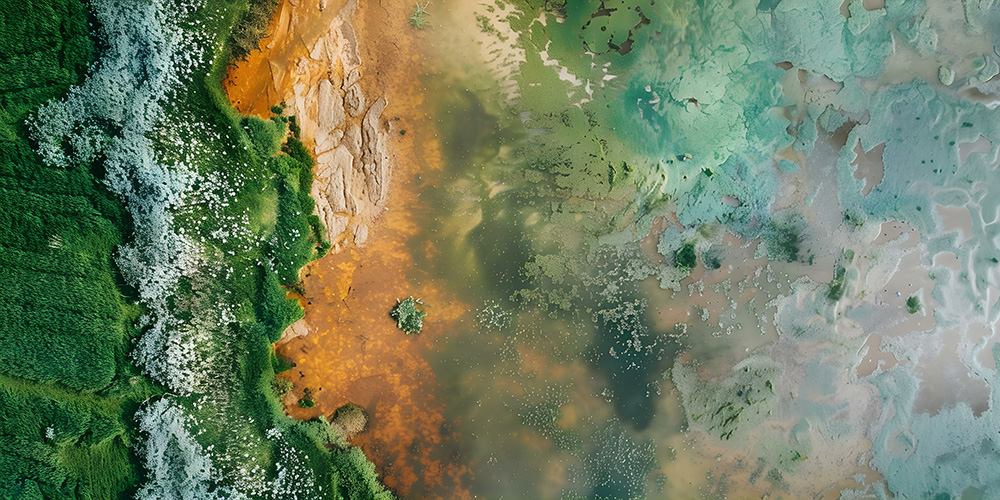
Shedding Daylight on Sunscreens
As summer gears up and our thoughts turn toward sunny days at the beach–and ways to avoid the sun from harming our skin–we, as scientists, also consider how our actions and choices impact those sharing the world’s environment. One of those actions is whether the use of sunscreen and its ingredients may impact on sea life.
Recently, questions have been raised regarding the environmental safety of some UV filters used in personal, skincare, and beach products to corals. In some locations, regulatory actions have been precautionary, leading to bans. The answers to these questions lie in the weight of evidence of scientific studies that have been conducted and others that need to be conducted. So far, peer-reviewed published research has not shown that UV filters will harm native coral reef populations or decrease their ability to respond to other environmental stressors. Two of the biggest hurdles in conducting definitive toxicity tests have been the maintenance of representative test systems and the environmental relevance of dosing used in those studies. Since studies to date do not provide reliable evidence for risk assessment, the scientific community waits for good practices in ecological study design and execution to determine if there are risks of UV filters to coral populations.
Two areas of our research have been the use of eco-epidemiology to assess potential risks of natural and anthropogenic factors, including UV filters, to corals in Hawaii; and the development of a modeling framework to evaluate and better understand the magnitude, frequency, and duration of exposure from UV filter ingredients, not only to coral, in marine and freshwater environments.
“Coral reefs form diverse ecosystems that provide habitat and haven for a huge variety of plants and animals. They have been called the ‘canaries of the ocean’ due to their sensitivity to changes in temperature, water quality, and water clarity. Coral bleaching, the disruption of the symbiotic relationship between coral polyps and zooxanthellae, has been occurring at alarming rates globally with ocean temperatures being a huge factor along with many local stressors including disease, land and marine pollutants, and physical damage. We are excited to be actively working with a diverse group of researchers to diagnose, predict, and prioritize actions to preserve and protect the abundance of these beautiful and amazing resources.” – Marty Williams, Water Resources Engineer and Co-Founder, Waterborne Environmental, Inc.
Contact Waterborne to find out more about Waterborne’s experience with coral stressors and eco-epidemiology.

Waterborne Environmental, Inc. Hired to Create Online Dashboard That Tracks Nutrient Loss Across the State of Missouri
READ MORE

Swimming with Bacteria: Water Quality Concerns at the 2024 Paris Olympics
READ MORE

The Right Tool – Multidimensional Models
READ MORE



